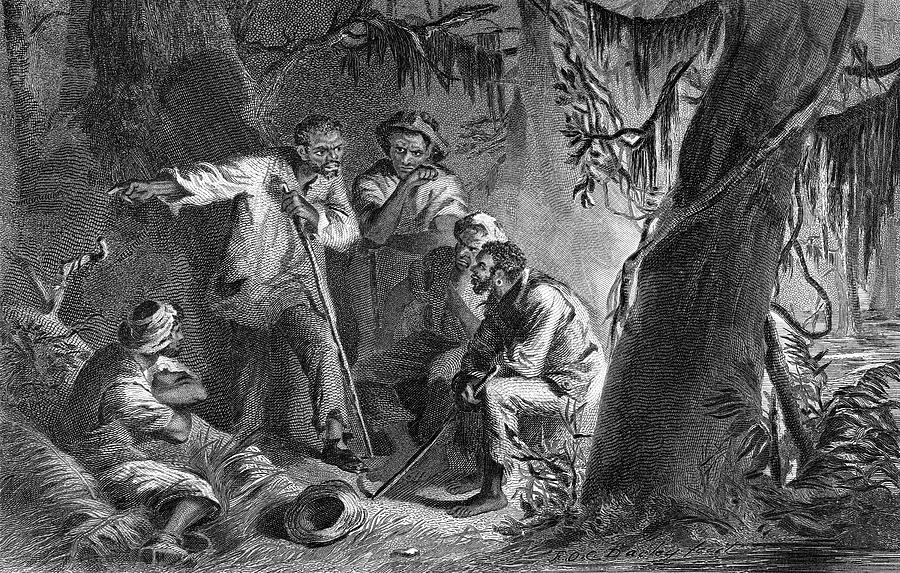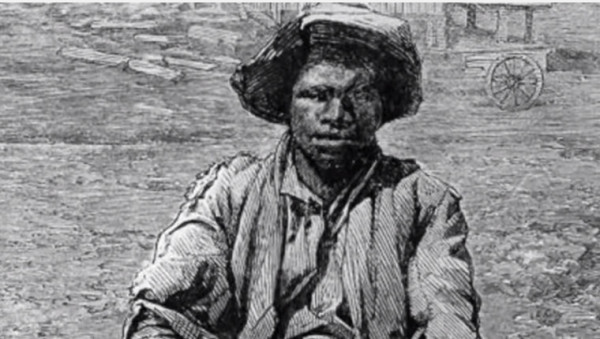

Perhaps the economic necessity coupled with a modicum of kind treatment toward black slaves made the institution of slavery just civilized enough to live with. Nat’s first owners, The Turners, were pleased when their Methodist congregation stopped trying to “eradicate the peculiar institution and set about Christianizing the slaves for a better time ahead.” (10) Probably due to a cultural divide resulting in misunderstanding and fear of African and Caribbean religions, many like the Turners truly believed that spreading Christianity to the slaves was God’s work. Christian influences introduced another paradox of Southern slave owners while some Christian sects denounced slavery, others were able to justify through bastardized Biblical interpretation that made slavery seem legitimate in the eyes of God. This was “…an especially painful time, for he had been led to believe he might be freed one day.” (21)Īlthough the option to abolish slavery was always available, the Southern agricultural-based economy was too dependent on that aspect of the labor force to discontinue the practice. Though possibly unintentional, Nat’s special treatment was ultimately a cruel trick when he became old enough to work in the fields, he was set out to hard labor like any other slave. Because of his impeccable behavior, the Turners entertained his young mind by encouraging him to entertain their white friends with his literacy and wit. Even they believed he far exceeded the intelligence and capabilities of an average slave. Nat also had powerful psychic abilities and was mystically aware of events that “happened before he was born.” (11) He was unusually bright compared to other slave (and white) children and was thus given the opportunity to learn to read and study The Bible by his original masters, Mr. Born into slavery, his body possessed symbolic birthmarks which his family traditionally associated with leadership in African heritage.

Though many slaves were assimilated enough to fall into their roles as field hands or servants, Nat Turner was different from the day he was born. For the most part, “Southampton whites regarded insurrection as some unimaginable calamity that happened to someone else.” (50) This lack of experience with slave discontent further propagated the white perspective that slaves were satisfied with their current conditions. By comparison, Virginia – especially Southampton County – was more lenient with slaves than the Deep South, perhaps because “over one-third of Southampton’s white families owned no slaves” (2), and the county had never experienced a risk of rebellion. Most Great Planters were not unnecessarily cruel to their slaves many owners allowed slaves holidays off and opportunity to be with family in the evenings. Virginia allowed such freedoms as slave schools and slave churches, but at the same time enforced slave behavior with military guard. Beyond the societal implications, slavery served as a means of “racial control” (10) if blacks were kept busy serving masters, they would not have the time or means to revolt. In addition, for many plantation owners and farmers, owning slaves was a status symbol.
#NAT TUNER REVOLT FREE#
Even Virginia’s governor, John Floyd, only disapproved of the institution for an economic reason, namely tariff reductions given to Free states. In early 1800’s Virginia, slavery was an integral part of Southern life. Nat’s insurrection reinforced both the fear and ignorance of Virginia whites toward the institution of slavery, which resulted in numerous repercussions toward slaves, despite would-be Southern Christian intentions. Nat Turner used his spotless reputation among whites and religious influence over black slaves to cleverly plan a slave rebellion in 1831. Oates, tells the story of a man who caught a glimpse of freedom as a child and understood its value. The book, The Fires of Jubilee: Nat Turner’s Fierce Rebellion, by Stephen B.


 0 kommentar(er)
0 kommentar(er)
